Cross this off the list of things only traditional publishers can do: distribute to libraries. Well, it has always been possible to get a print book into a library before, but not very easy since libraries have limited shelf space and only select a fraction of traditionally published books, let alone self-released books. But ebooks take up no shelf space. That said, they do cost the library money, so don’t yet expect libraries to be making the entire Kindle catalog available.
From Amazon:
How It Works
You can borrow Kindle books from your local library’s website and, with the click of a button, have them delivered to your Kindle device or free reading app.• Visit the website of a U.S. library that offers digital services from OverDrive.
• Check out a Kindle book (using a valid library card).
• Click on “Get for Kindle” and then sign in to your Amazon.com account to have the book delivered to your Kindle device or reading app.
So users aren’t downloading books directly from the library, but being forwarded to Amazon, where the book can be downloaded for free for a set period.
This is being done via distribution with Overdrive.
Before self-publishers get too excited, this does not mean that the entire Kindle store is going to suddenly be in libraries. A search on Overdrive or the New York Public Library for popular self-publishers doesn’t come up with anything. The issue of shelf space still remains.
Many have also wondered about the availability of self-published content. The Kindle—along with other devices, like the Nook—makes it possible for self-published writers to sell their work to Amazon shoppers, so many have wondered if this self-published content would start popping up in libraries. Burleigh says, “This is about making existing library ebook catalogs accessible to Kindle device and Kindle Reading Apps, not the other way around.”
With that being said, self-publishers need not fear being completely left out. “OverDrive currently works with more than 1,000 publishers from the largest global houses to small independent shops and several self-published authors, such as J.A. Konrath,” adds Burleigh. In other words, whether or not self-published material pops up in your library, depends on whether or not the library sees fit to purchase the material.
So it would seem that self-publishers are left out again, as this is primarily a way for people to easily access a Stephen King ebook. However, this is just the first step and signals a major change in how libraries operate. When more writers are self-releasing their books straight to the Kindle (see: Barry Eisler) magazines like Library Journal may have to expand the pool of books they cover. This is especially true considering that traditional publishers like Simon and Schuster refuse to sell ebooks to libraries.
Get an Editorial Review | Get Amazon Sales & Reviews | Get Edited | Get Beta Readers | Enter the SPR Book Awards | Other Marketing Services



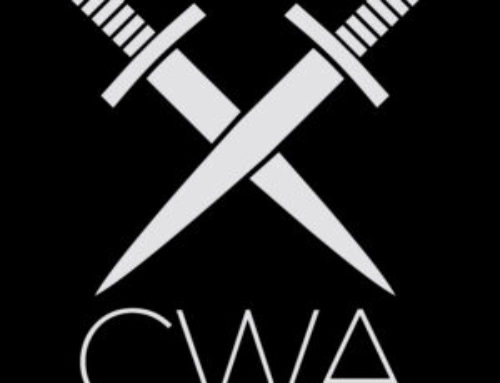
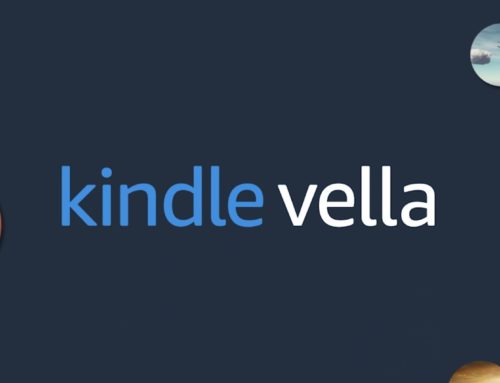
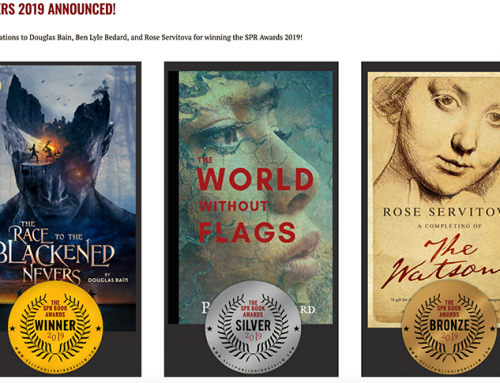
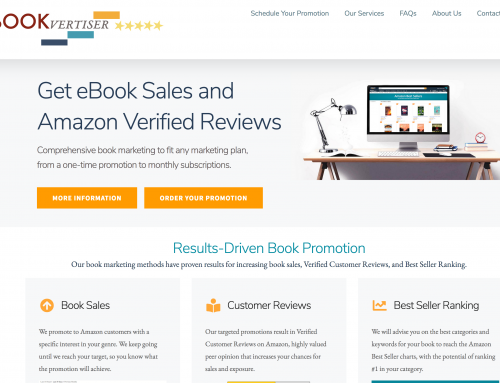
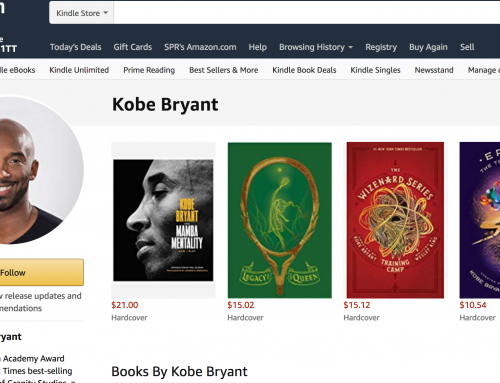
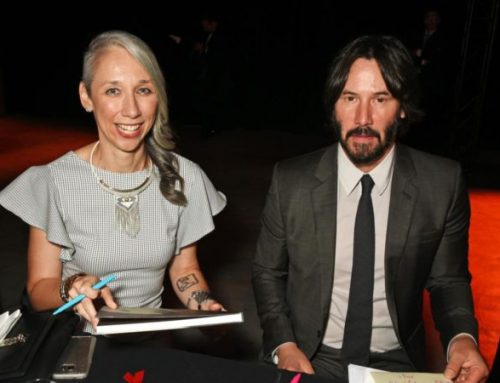
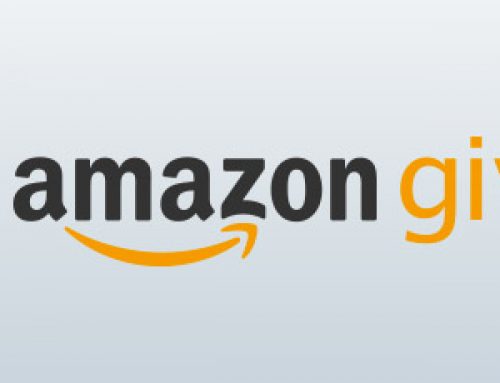

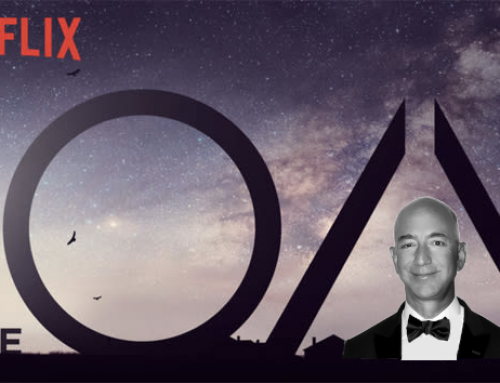
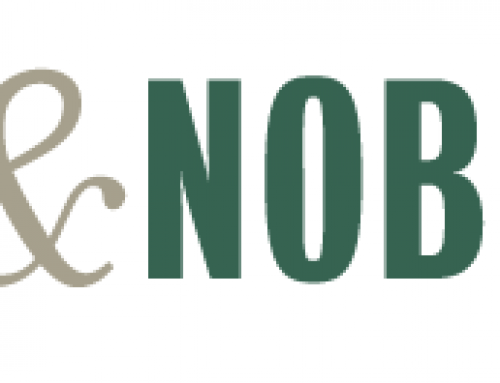
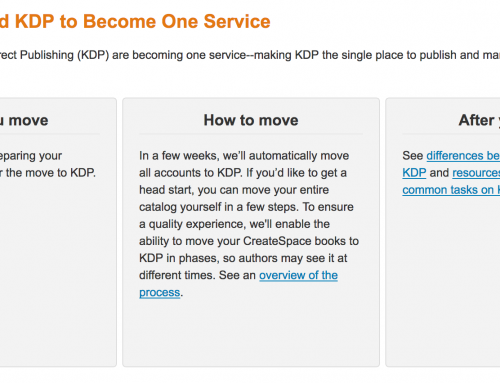

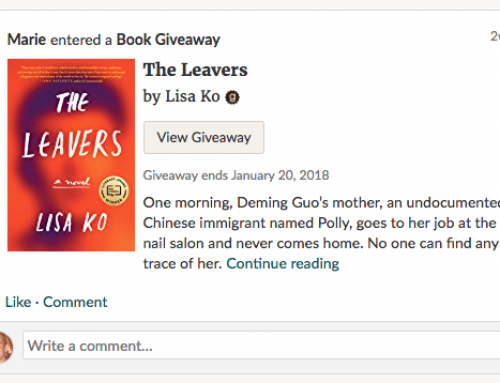
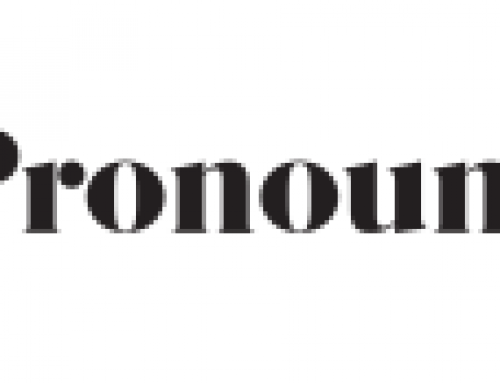
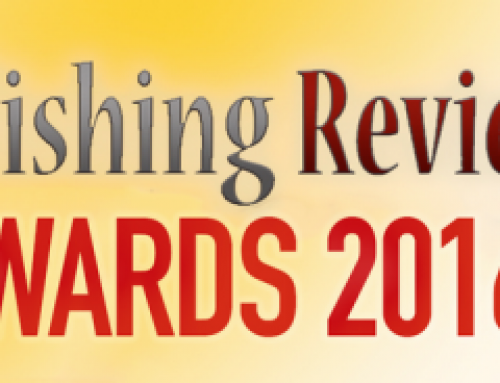
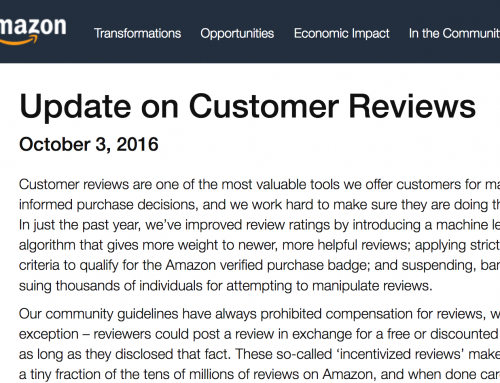
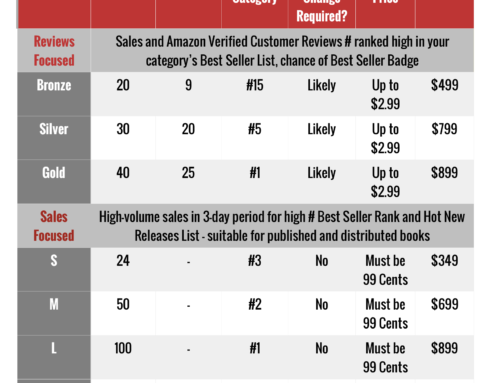
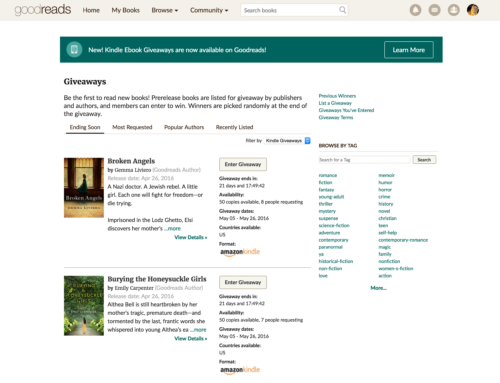
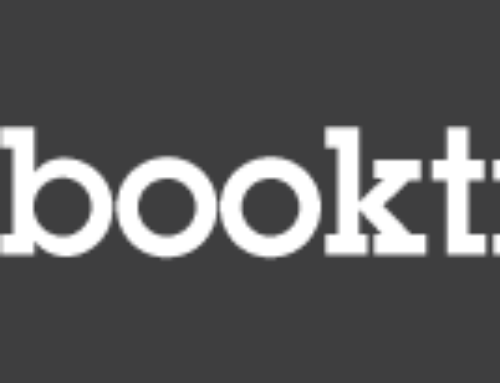
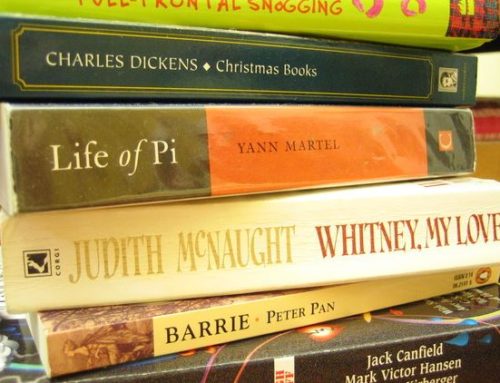
I’ve seen nothing about authors/publishers receiving royalties for sales to libraries. KDP does not allow us to opt out of this new program, either, as far as I know.
@GLHancock